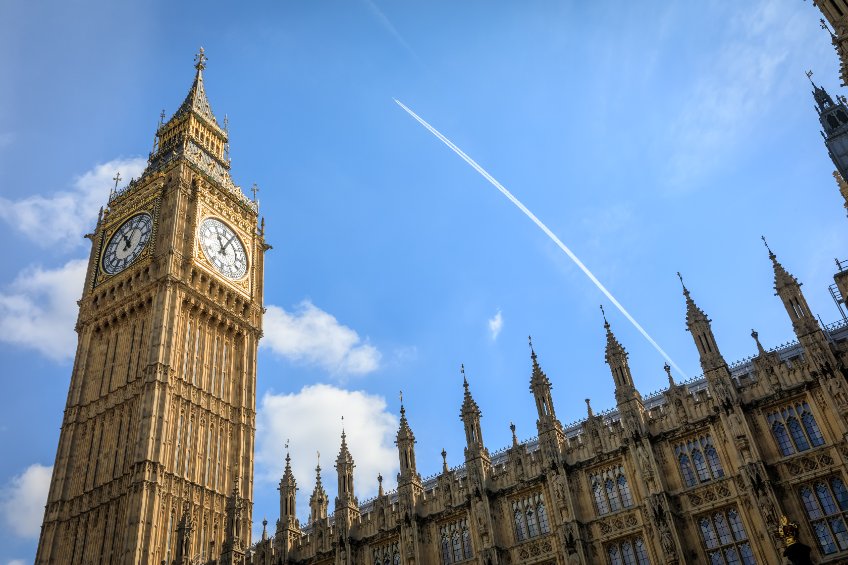
An influential parliamentary committee has reiterated the industry's warnings over animal welfare standards after conducting an inquiry into the trade deal the UK has struck with Australia.
The Environment, Food and Rural Affairs (EFRA) committee raised concerns after examining the post-Brexit deal that was signed between the countries in December last year.
The first new trade deal negotiated since the UK left the EU, the agreement removes most tariffs on trade in goods between the UK and Australia.
The government says the deal will increase UK GDP by 0.08%, or £2.3 billion, by 2035, although it estimates that the UK farming and food sector will lose £278 million.
And the EFRA committee quotes in its report Henry Dimbleby, who led a government commissioned inquiry a national food strategy.
He said that a failure to adopt a ‘core standards’ approach to animal welfare and the environment, while negotiating free trade agreements, poses a danger of “exporting cruelty and carbon emissions abroad”.
The EFRA committee said following its inquiry into the UK-Australia trade deal that the government should formally commit to upholding animal welfare and environmental standards in all trade deals.
Committee chairman Sir Robert Goodwill said: “We want our high UK animal welfare and environmental standards baked into every trade deal we do from now on.
"The government has done well protecting our rules on beef hormone growth chemicals, but having ‘core standards’ in all deals would strengthen our hand when negotiating with other countries.
“Some nations will no doubt want to challenge these rules – and similar bans on things like chlorine-washed chicken – so it’s vital to have our high standards in there right from the start.”
He said that the government needed to learn lessons for future trade deals and urged it to make up the estimated loss to British food and farming resulting from the Australia agreement.
“The government must commit to helping the food and farming sector win back the £278m worth of lost growth it will experience because of this deal. There’s a plan to appoint new trade envoys to push our exports.
"We welcome that, but we also need to see the government commit to - and deliver on – the £278m target for additional exports to ensure the sector is no worse off.
"If that requires other export promotion strategies, then they must be implemented. We will be watching the numbers and holding the government to account.”
He said: "It’s all part of the government needing to listen more carefully to our farmers and food producers. They have the expertise to help us get better deals all round – let's use it.”
The committee’s report said that the Australia free trade deal did not prevent core standards being adopted in the future.
It was unlikely that much food that did not meet these standards would enter the country because of the Australia deal.
However, the report argued that committing to standards ahead of negotiations would strengthen the hand of UK negotiators.
It would also, the committee added, reassure UK producers about the government’s commitment to high environmental and animal welfare standards.
The report said the government should pay more attention to the voices of UK farmers and food producers when negotiating trade deals, taking care to consult their expertise before arrangements became a fait accompli.
This should include, the committee said, making sure the government’s independent trade advisory bodies, including the agri-food Trade Advisory Group, were brought in from the outset so the government could take advantage of sector knowledge while negotiating deals.
NFU president Minette Batters has said that the trade deal between the UK and Australia 'offers little benefit' for British farmers.
She said it was “difficult to discern anything in this deal that will allow us to control imports of food produced below the standards legally required of British farmers."
“I hope that MPs will now take a good, hard look at this deal to see if it really does match up to the government’s rhetoric to support our farmers’ businesses and safeguard our high standards. I fear they will be disappointed,” she said at the time the agreement was announced.
MPs sitting on the EFRA committee have now taken a look at the deal and they have published their concerns.
